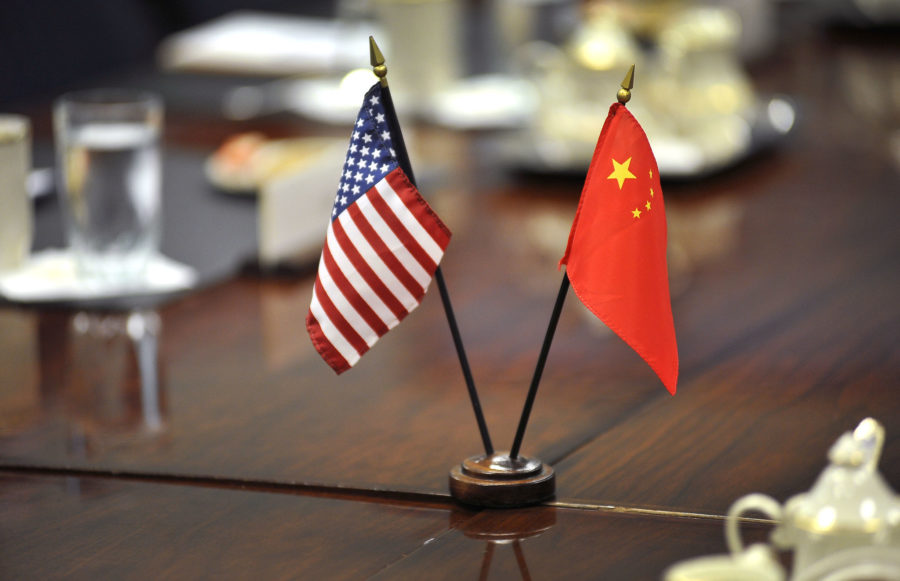August 18, 2021
Corporate America Impatient Over Chinese Trade Policy Review

Groups representing America’s largest companies are getting antsy over the Biden administration’s extended review of trade policy toward China.
Groups like the U.S.-China Business Council, the Chamber of Commerce and the Business Roundtable welcomed the president’s pledge during the campaign to reset trade policy toward China after four years of trade-policy-by-tweet from then-President Donald Trump.
Eight months into his presidency, however, the companies want action. And they’re beginning to wonder whether the lack of it on tariffs and trade restrictions indicates that Biden’s brand of being tough on China might not be that much different from his predecessor’s.
“If the Biden administration wants to make the case that they have a different approach, it’s time to lay out the strategy they have promised,” said Anna Ashton, vice president at the U.S.-China Business Council, which led a letter signed by more than 30 corporate groups asking USTR to provide tariff relief and restart trade talks with Beijing. “To the extent they’ve given any clues on strategy, those clues have not really suggested they are planning to diverge from the course we were on at the end of the Trump administration.”
USTR, which is leading the China trade review, says that it is only doing what Biden promised. Even before he won the presidency, Biden’s surrogates warned that trade policy would take a backseat early in his administration, as the White House focused on passing domestic economic stimulus.
The administration says Biden has already moved to reconcile diplomatic relationships with allies by signing a deal to pause the Boeing-Airbus subsidy dispute with Europe, agreeing to work with them to combat Chinese steel flooding global markets, and creating a new Trade and Technology Council with the EU.
“Along with historic infrastructure investments to Build Back Better at home, we are conducting a robust, strategic review of our economic relationship with China and engaging a wide range of stakeholders, including the business community, to create effective policy that puts American workers, farmers and businesses in a stronger position to compete with China and the rest of the world,” said a USTR spokesperson.
(Source: Politico)